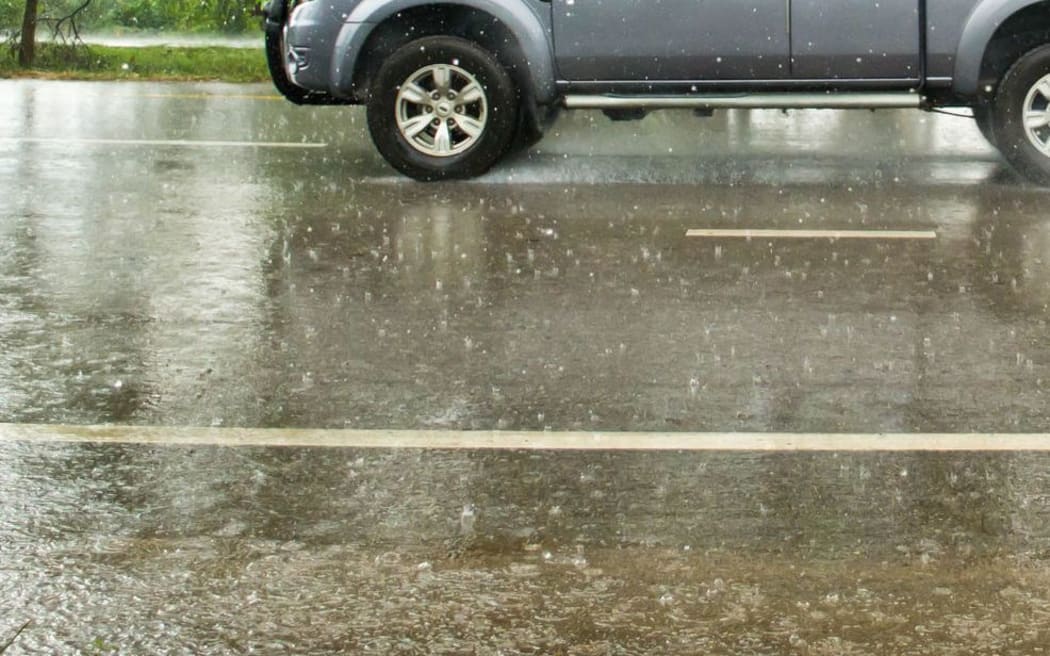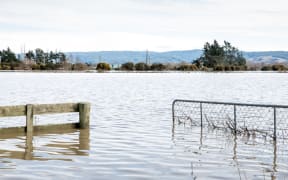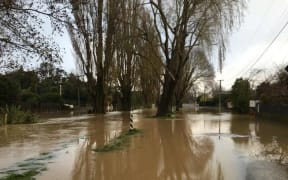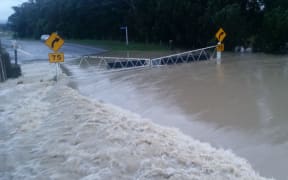Record amounts of rainfall were recorded in the month of July in parts of the South Island.

Photo: 123rf
NIWA's July climate summary concluded the Wellington, Otago and mid- to South Canterbury regions all had more than 150 percent of the rainfall that would normally have been expected for the month.
NIWA said July was a tumultuous month because of several active low pressure systems that brought snow to sea levels in Otago and tropical cyclone category winds to Wellington.
There was flooding and states of emergency in the South Island and Martinborough was cut off when bridges were washed out.
NIWA climate scientist, Nava Fedaeff said July was a tumultuous month because of several active low-pressure systems that brought snow to sea level in Otago and tropical cyclone-category winds to Wellington.
"It's certainly been a busy month in the weather and climate world for New Zealand.
"Oamaru took out a number of records. It had its wettest day surely. Beat it by at least three times.
"That wettest day amounted to 161mm of rain. The previous record? 56mm on July 31, 1974.
"As a result of that one-day rainfall, it had its wettest July on record, already its wettest winter on record and we still have one month to go," Ms Fedaeff said.
"It's actually the second-wettest month on record as well."
Winchmore near Ashburton had its highest ever month of rainfall in more than 100 years.
Large parts of the North Island and Nelson also had above average rainfall last month.
Nava Fedaeff said extreme events bring record-breaking figures.
"This is not a typical July, sure it's winter and we should expect big rain events.
"But it has been I guess a lot busier than usual. It's been very active and that's due to the passage of a few low pressure systems and storms that tracked across the country during the month."
She had a warning that August was likely to follow a similar path to July.
"It's set to be a little bit active over the month. The next three months in general look wetter than normal. That's the most likely outcome across the country, more rain than usual."







